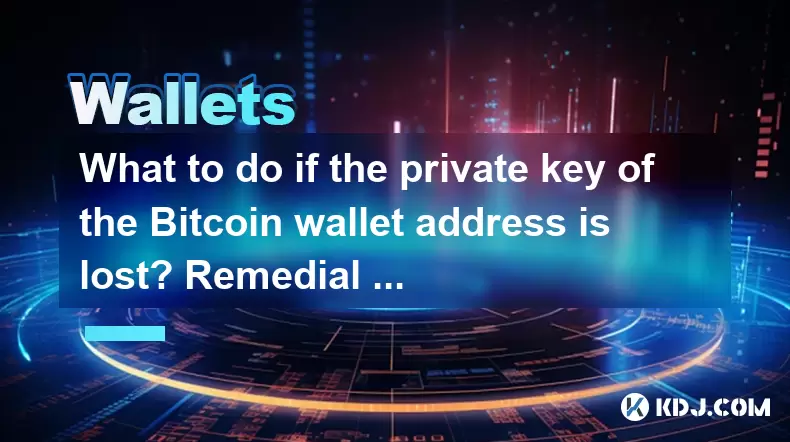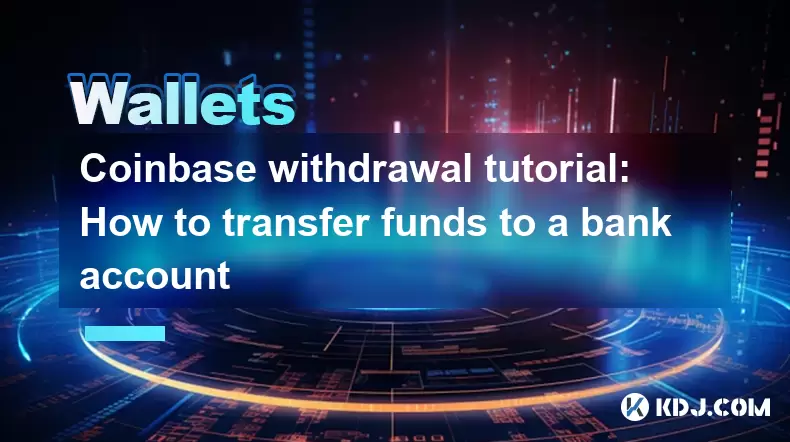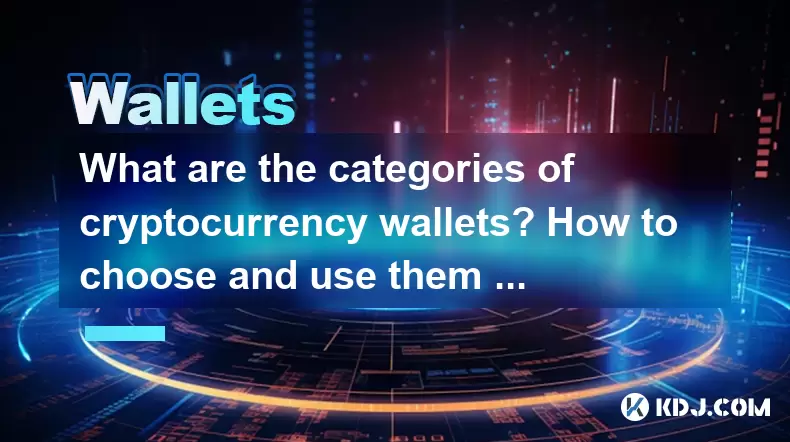-
 Bitcoin
Bitcoin $107,360.0175
0.36% -
 Ethereum
Ethereum $2,425.2303
-1.15% -
 Tether USDt
Tether USDt $1.0003
-0.01% -
 XRP
XRP $2.1850
4.33% -
 BNB
BNB $646.4128
0.37% -
 Solana
Solana $146.0511
2.89% -
 USDC
USDC $0.9998
-0.01% -
 TRON
TRON $0.2754
1.55% -
 Dogecoin
Dogecoin $0.1626
0.80% -
 Cardano
Cardano $0.5599
0.49% -
 Hyperliquid
Hyperliquid $37.2026
0.62% -
 Bitcoin Cash
Bitcoin Cash $499.0346
0.17% -
 Sui
Sui $2.7251
2.86% -
 Chainlink
Chainlink $13.1187
-0.19% -
 UNUS SED LEO
UNUS SED LEO $9.0747
0.54% -
 Avalanche
Avalanche $17.6526
0.87% -
 Stellar
Stellar $0.2373
1.02% -
 Toncoin
Toncoin $2.8387
0.25% -
 Shiba Inu
Shiba Inu $0.0...01136
1.04% -
 Litecoin
Litecoin $85.2460
1.04% -
 Hedera
Hedera $0.1473
2.04% -
 Monero
Monero $314.3978
1.56% -
 Bitget Token
Bitget Token $4.6799
0.81% -
 Dai
Dai $1.0001
0.02% -
 Polkadot
Polkadot $3.3403
0.70% -
 Ethena USDe
Ethena USDe $1.0002
0.02% -
 Uniswap
Uniswap $6.9908
0.77% -
 Pi
Pi $0.5310
-3.57% -
 Pepe
Pepe $0.0...09292
-0.19% -
 Aave
Aave $254.8721
-2.23%
What to do if the private key of the Bitcoin wallet address is lost? Remedial measures analysis
Losing a Bitcoin wallet's private key can lock away funds, but checking backups, using seed phrases, or seeking professional help might recover them.
May 12, 2025 at 07:14 pm

Losing the private key of a Bitcoin wallet address can be a distressing situation for any cryptocurrency holder. The private key is essential for accessing and managing the funds stored in the Bitcoin address. Without it, the owner is unable to spend or transfer the bitcoins associated with that address. In this article, we will explore various remedial measures that can be taken if the private key is lost, focusing on potential solutions within the cryptocurrency ecosystem.
Understanding the Importance of the Private Key
The private key is a crucial component of Bitcoin wallet security. It is a secret number that allows the owner to spend the bitcoins assigned to that particular address. Without the private key, the bitcoins are effectively locked away, as the owner cannot prove ownership to the network. Losing the private key means losing access to the funds, which underscores the importance of secure key management.
Immediate Actions to Take After Losing the Private Key
If you realize that you have lost your private key, the first step is to remain calm and assess the situation. Panicking will not help recover the key, and it's important to think clearly about the next steps. Here are some immediate actions you should consider:
Check all possible storage locations: Look through all digital and physical storage locations where you might have saved the private key. This includes checking computer files, USB drives, paper wallets, and any other places where you might have stored it.
Review backup methods: If you had a backup strategy in place, now is the time to check those backups. This could include cloud storage, encrypted files, or any other backup methods you might have used.
Contact support: If you used a third-party service to manage your wallet, reach out to their support team. They might have additional recovery options or advice specific to their platform.
Exploring Potential Recovery Methods
While there is no guaranteed way to recover a lost private key, there are several methods you can try to regain access to your funds. Here are some potential recovery methods:
Using Seed Phrases
If you used a wallet that generates keys from a seed phrase (also known as a mnemonic seed), you might still be able to recover your private key. The seed phrase is a list of words that can be used to recreate the private key. If you have this seed phrase, you can use it to restore your wallet and generate the private key again.
Find the seed phrase: Look for the seed phrase in all your storage locations, as it might be written down or stored digitally.
Use a compatible wallet: Enter the seed phrase into a wallet that supports seed phrase recovery. This will regenerate your private key and allow you to access your funds.
Brute Force and Cryptographic Attacks
For those with technical expertise, brute force attacks or other cryptographic methods might be considered. However, these methods are highly complex and often impractical due to the immense computational power required.
Brute force attack: This involves trying every possible combination of characters until the correct private key is found. Given the vast number of possible keys, this method is generally infeasible.
Cryptographic attacks: These are advanced techniques that attempt to exploit weaknesses in the cryptographic algorithms used by Bitcoin. However, Bitcoin's cryptographic security is robust, making such attacks extremely difficult.
Engaging Professional Recovery Services
There are professional recovery services that specialize in helping individuals recover lost cryptocurrency. These services often have advanced tools and expertise that can increase the chances of recovery.
Research reputable services: Look for well-reviewed and trusted recovery services. Be cautious of scams and ensure the service has a good track record.
Understand the costs: Recovery services can be expensive, so it's important to understand the fees involved and whether they are worth the potential recovery of your funds.
Provide necessary information: Work closely with the recovery service, providing them with all relevant information about your lost private key and any backups or seed phrases you might have.
Preventive Measures to Avoid Future Loss
While dealing with the current situation, it's also important to consider preventive measures to avoid losing your private key in the future. Here are some strategies to enhance your key management:
Secure Storage Solutions
Using secure storage solutions can significantly reduce the risk of losing your private key. Consider the following options:
Hardware wallets: These are physical devices that store your private keys offline, providing a high level of security.
Paper wallets: While less secure than hardware wallets, paper wallets can be a good option if stored in a safe place.
Encrypted digital storage: Use strong encryption to protect your private keys if you store them digitally.
Regular Backups
Implementing a regular backup strategy is crucial for safeguarding your private keys. Here are some tips for effective backups:
Multiple backups: Create multiple copies of your private key and store them in different locations.
Encrypted backups: Always encrypt your backups to add an extra layer of security.
Test your backups: Periodically test your backups to ensure they are working and that you can recover your keys if needed.
Education and Awareness
Increasing your education and awareness about cryptocurrency security can help prevent future losses. Consider the following:
Stay informed: Keep up-to-date with the latest security practices and threats in the cryptocurrency space.
Use reputable sources: Learn from trusted sources and avoid falling for scams or misinformation.
Practice good security habits: Implement strong passwords, use two-factor authentication, and follow best practices for securing your digital assets.
Frequently Asked Questions
Q: Can I recover my Bitcoin if I only have the public address?
A: No, the public address alone is not sufficient to recover your Bitcoin. You need the private key or the seed phrase to access your funds.
Q: Is it safe to use online tools to recover my private key?
A: It is generally not safe to use online tools for private key recovery, as they can be vulnerable to hacking and may compromise your security. Always use reputable and trusted services if you decide to seek professional help.
Q: What should I do if I suspect my private key has been compromised?
A: If you suspect your private key has been compromised, immediately transfer your funds to a new address with a new private key. Monitor your transactions and consider using a hardware wallet for enhanced security.
Q: Can I store my private key on my smartphone?
A: While it is possible to store your private key on a smartphone, it is not recommended due to the higher risk of theft or loss. If you must use a smartphone, ensure it is secured with strong encryption and consider using a dedicated app designed for cryptocurrency security.
Disclaimer:info@kdj.com
The information provided is not trading advice. kdj.com does not assume any responsibility for any investments made based on the information provided in this article. Cryptocurrencies are highly volatile and it is highly recommended that you invest with caution after thorough research!
If you believe that the content used on this website infringes your copyright, please contact us immediately (info@kdj.com) and we will delete it promptly.
- Across Crypto Project Faces Heat: Secret $23M Transfer Sparks Governance Debate
- 2025-06-28 16:30:13
- Trump Coin's Wild Ride: Liquidity Drain, Exchange Deposits, and What It Means for Binance & OKX
- 2025-06-28 16:50:13
- Trump, Memecoin Mania, and Whale Watching: A New York Minute in Crypto
- 2025-06-28 16:30:13
- Shiba Inu, Lending Coins, and Early Holders: A New Frontier
- 2025-06-28 16:51:59
- Meme Coins in July 2025: Investing in the Future of Hype?
- 2025-06-28 16:51:59
- SUI's Trending Surge: Decoding the Reasons Behind the Hype
- 2025-06-28 16:55:12
Related knowledge

How to stake cryptocurrencies on Coinbase? Benefits and risks
Jun 27,2025 at 06:36pm
Understanding Cryptocurrency Staking on CoinbaseStaking cryptocurrencies involves locking up digital assets to support the operations of a blockchain network, typically in return for rewards. Coinbase, one of the most popular cryptocurrency exchanges globally, offers staking services for several proof-of-stake (PoS) coins. Users can stake their holdings...

How to contact Coinbase customer service? Support channels and response times
Jun 28,2025 at 01:29pm
Contacting Coinbase Customer Service: Support Channels and Response TimesIf you're a user of Coinbase, reaching their customer service team may become necessary for various reasons, such as account verification issues, transaction disputes, or technical difficulties. Understanding the different support channels available and what to expect in terms of r...

Which cryptocurrencies does Coinbase support? Full currency list
Jun 28,2025 at 08:36am
Overview of Cryptocurrencies Supported by CoinbaseCoinbase is one of the most popular and trusted cryptocurrency exchanges globally. It provides users with a platform to buy, sell, trade, and store various digital assets. As of the latest updates, Coinbase supports over 200 cryptocurrencies, including major ones like Bitcoin (BTC), Ethereum (ETH), and L...

Coinbase withdrawal tutorial: How to transfer funds to a bank account
Jun 28,2025 at 02:35am
Understanding Coinbase WithdrawalsCoinbase is one of the most widely used cryptocurrency platforms, allowing users to buy, sell, and store digital assets. Once you've successfully traded or held your crypto on Coinbase, the next logical step may be to withdraw funds to a bank account. This process involves converting your cryptocurrency into fiat curren...

What are the categories of cryptocurrency wallets? How to choose and use them safely?
Jun 21,2025 at 10:42pm
Understanding Cryptocurrency WalletsCryptocurrency wallets are essential tools for anyone involved in the digital asset ecosystem. They allow users to store, send, and receive cryptocurrencies securely. Unlike traditional wallets that hold physical money, crypto wallets manage cryptographic keys—private and public—which interact with blockchain networks...

Which one is more suitable for high-frequency trading users, browser plug-in wallets or independent application wallets?
Jun 23,2025 at 08:22am
Understanding the Role of Wallets in High-Frequency TradingFor high-frequency trading (HFT) users in the cryptocurrency market, wallet selection is critical due to the need for speed, security, and seamless integration with trading platforms. HFT involves executing a large number of trades within seconds or even milliseconds, which demands a wallet that...

How to stake cryptocurrencies on Coinbase? Benefits and risks
Jun 27,2025 at 06:36pm
Understanding Cryptocurrency Staking on CoinbaseStaking cryptocurrencies involves locking up digital assets to support the operations of a blockchain network, typically in return for rewards. Coinbase, one of the most popular cryptocurrency exchanges globally, offers staking services for several proof-of-stake (PoS) coins. Users can stake their holdings...

How to contact Coinbase customer service? Support channels and response times
Jun 28,2025 at 01:29pm
Contacting Coinbase Customer Service: Support Channels and Response TimesIf you're a user of Coinbase, reaching their customer service team may become necessary for various reasons, such as account verification issues, transaction disputes, or technical difficulties. Understanding the different support channels available and what to expect in terms of r...

Which cryptocurrencies does Coinbase support? Full currency list
Jun 28,2025 at 08:36am
Overview of Cryptocurrencies Supported by CoinbaseCoinbase is one of the most popular and trusted cryptocurrency exchanges globally. It provides users with a platform to buy, sell, trade, and store various digital assets. As of the latest updates, Coinbase supports over 200 cryptocurrencies, including major ones like Bitcoin (BTC), Ethereum (ETH), and L...

Coinbase withdrawal tutorial: How to transfer funds to a bank account
Jun 28,2025 at 02:35am
Understanding Coinbase WithdrawalsCoinbase is one of the most widely used cryptocurrency platforms, allowing users to buy, sell, and store digital assets. Once you've successfully traded or held your crypto on Coinbase, the next logical step may be to withdraw funds to a bank account. This process involves converting your cryptocurrency into fiat curren...

What are the categories of cryptocurrency wallets? How to choose and use them safely?
Jun 21,2025 at 10:42pm
Understanding Cryptocurrency WalletsCryptocurrency wallets are essential tools for anyone involved in the digital asset ecosystem. They allow users to store, send, and receive cryptocurrencies securely. Unlike traditional wallets that hold physical money, crypto wallets manage cryptographic keys—private and public—which interact with blockchain networks...

Which one is more suitable for high-frequency trading users, browser plug-in wallets or independent application wallets?
Jun 23,2025 at 08:22am
Understanding the Role of Wallets in High-Frequency TradingFor high-frequency trading (HFT) users in the cryptocurrency market, wallet selection is critical due to the need for speed, security, and seamless integration with trading platforms. HFT involves executing a large number of trades within seconds or even milliseconds, which demands a wallet that...
See all articles
























































































